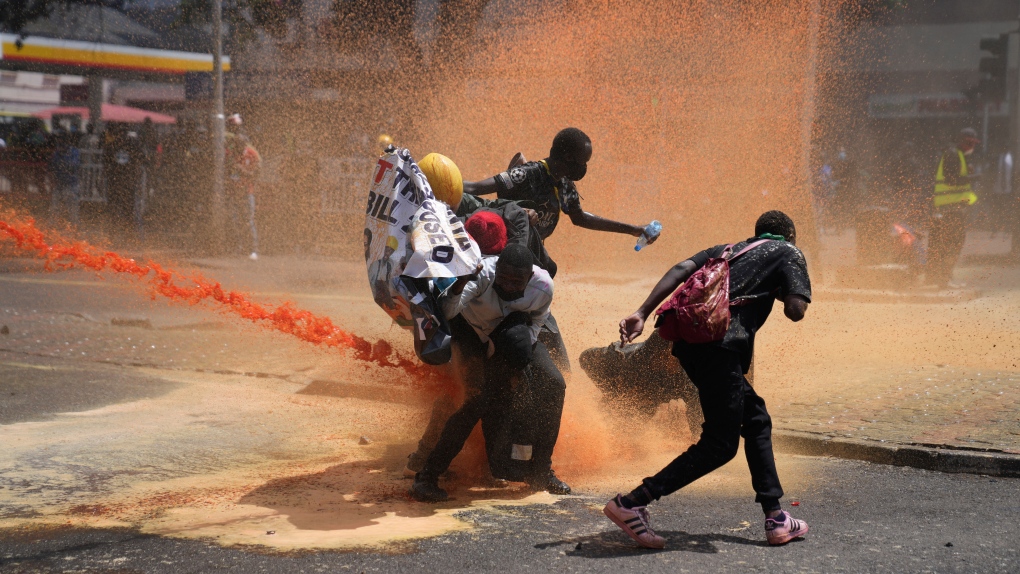In a landmark judgement that reaffirms fundamental constitutional freedoms, the High Court of Kenya has declared the government’s June 2024 ban on protests within Nairobi’s Central Business District (CBD) unconstitutional. The ruling, delivered by Justice Bahati Mwamuye, represents a significant victory for civil liberties and is likely to have wide-reaching implications on how state authorities manage public dissent.
Justice Mwamuye ruled that the directive issued by Nairobi Police Commander Adamson Bungei prohibiting protests in the CBD during the anti-Finance Bill demonstrations violated Article 37 of the Constitution. This provision guarantees every citizen the right to assemble, demonstrate, and picket peacefully.
“This decision sends a powerful message that state organs must operate within the confines of the Constitution,” Justice Mwamuye stated. “The rights of the petitioners were violated.” The case was brought before the court by 11 protesters, arrested on 18 June 2024, during widespread demonstrations against the Finance Bill. Represented by lawyer Pareno Solonka, the petitioners were awarded a total of Sh2.2 million in damages for unlawful arrest and infringement of their rights.
The High Court went further, issuing a directive barring police from deploying officers in civilian clothing or with concealed identities during public protests. Officers must now be in uniform and identifiable, a move aimed at enhancing accountability and transparency in law enforcement operations.
In a related petition filed by the Law Society of Kenya (LSK), the court similarly found that the conduct of the police on 18 June was unlawful. It highlighted the dangers of deploying masked and unidentifiable officers, warning that such practices foster impunity and undermine public trust in the police service.
Although the court did not rule on criminal liability, it noted that LSK’s petition identified a police officer, Isaiah Ndumba Murangiri, as allegedly responsible for the fatal shooting of 19-year-old protester Rex Masai. The case has stirred public outrage and increased scrutiny over the conduct of law enforcement during demonstrations.
Justice Mwamuye also cited multiple violations of the Constitution, including Articles 27 (equality and freedom from discrimination), 28 (human dignity), 29 (freedom and security of the person), 33 (freedom of expression), 37 (assembly and picketing), 49 (rights of arrested persons), and 244 (functions and conduct of the police).
This ruling is a watershed moment for Kenya’s constitutional democracy. It reinforces the principle that the right to protest cannot be arbitrarily curtailed by police or administrative fiat. At a time when public demonstrations have increasingly become a vehicle for civic expression, especially among youth, the decision reasserts the boundaries of state power and affirms that public spaces, particularly central Nairobi, belong to all Kenyans.
Moreover, the ban’s nullification sets a precedent against sweeping, pre-emptive restrictions that are often used to suppress dissent. It also demands greater professionalism and accountability within the police service, particularly the need for transparency during public order operations.
For many, this judgement restores hope in the judiciary as a defender of civil rights and the rule of law. As the country navigates complex socio-economic challenges and increasing public scrutiny of governance, the right to peacefully assemble remains a cornerstone of democratic engagement. Justice Mwamuye’s ruling is not merely a legal victory, it is a clarion call for the protection of constitutional freedoms in Kenya’s evolving democracy.





